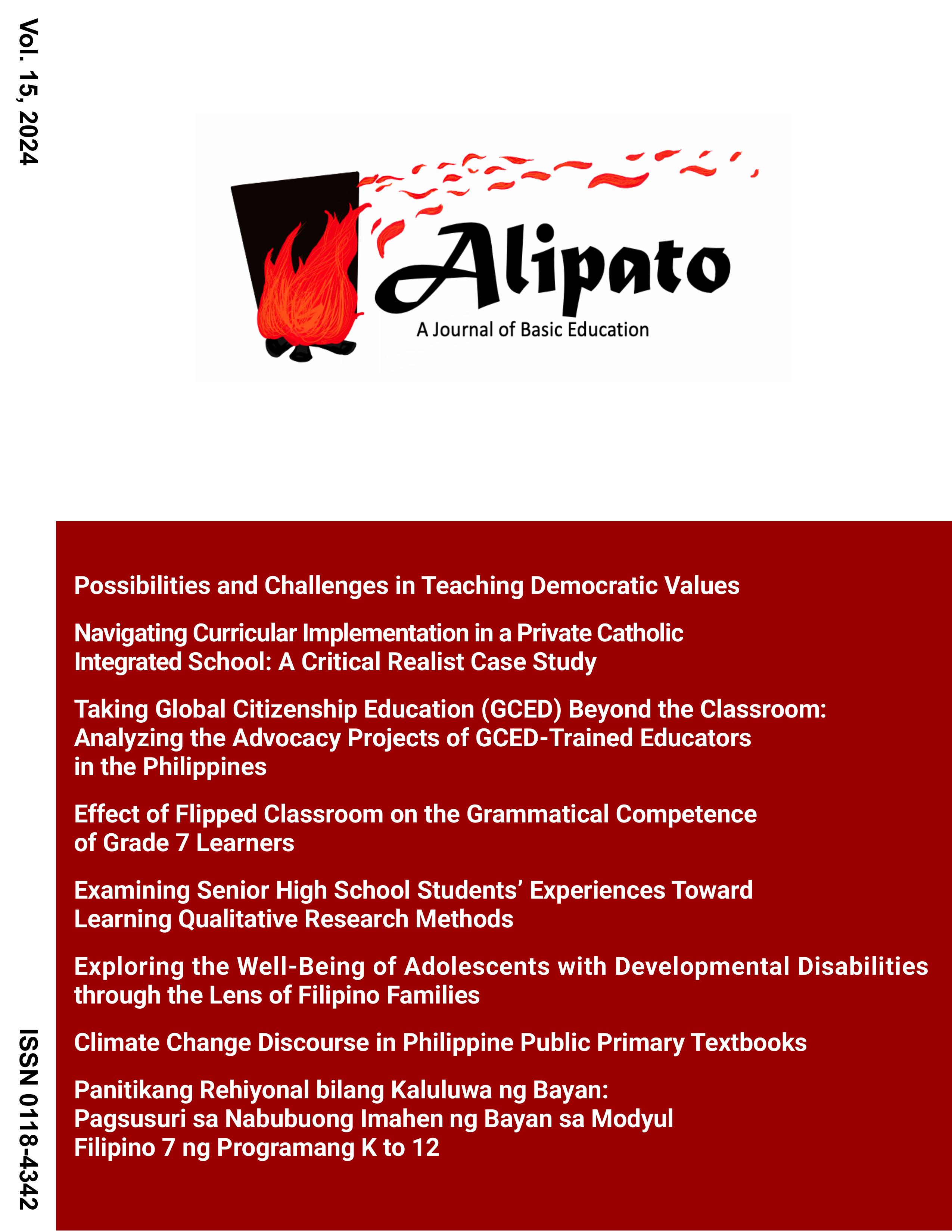Navigating Curricular Implementation in a Private Catholic Integrated School: A Critical Realist Case Study
Abstract
This study examines how a Catholic integrated school in northern Philippines implements mandated curricula while balancing policy requirements with its values and vision-mission. Using Margaret Archer's (1996) morphogenetic approach, the study explores how administrators and middle managers navigate preexisting
structural and cultural conditions. A qualitative case study design was employed, utilizing two focus group discussions. Findings indicate that curriculum implementation follows a process of double morphogenesis, where the school interacts with curriculum policies and enforcing structures, such as the Philippine Department of Education and accrediting agencies. While complying with these mandates, the school preserves its Catholic identity by adapting instruction, interpreting curricula through its values, and establishing monitoring and evaluation practices aligned with accrediting bodies. These interactions shape both structural and cultural emergence while staying true to the founder’s vision. The study further reveals that structural mechanisms—such as national mandates and institutional affiliations—set conditions for adaptation, yet negotiations arise as the school maintains its religious identity. This is evident in curricular modifications, instructional monitoring, and a distinct teaching charism rooted in lived experiences. Ultimately, the findings suggest that critical realism, through the morphogenetic approach, provides insights into how intended curricula are translated into practice. By understanding these dynamics, curriculum developers and implementers can gain a clearer perspective on what constitutes effective and high-quality curriculum implementation.


